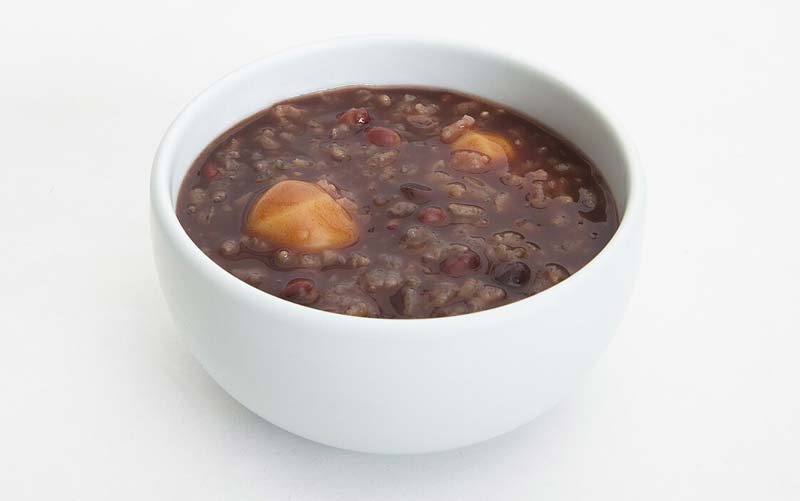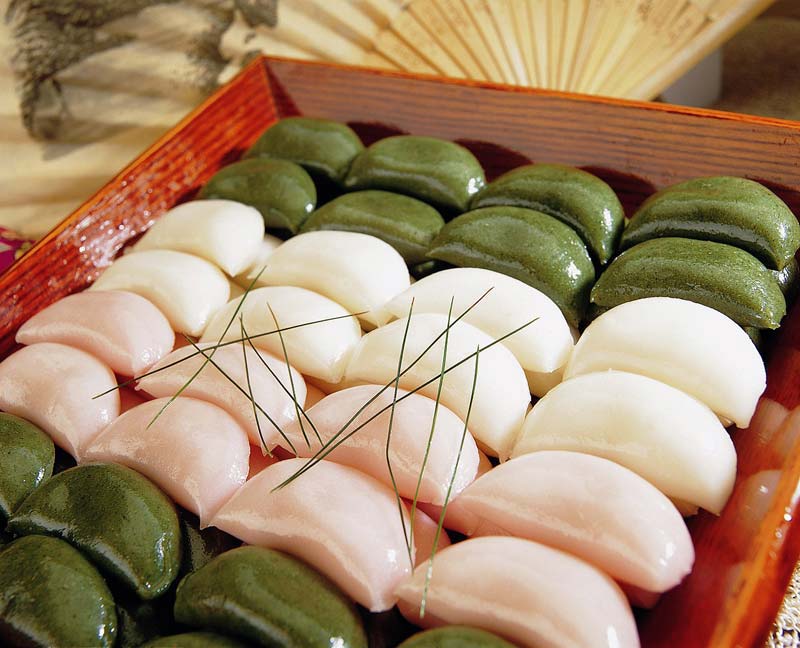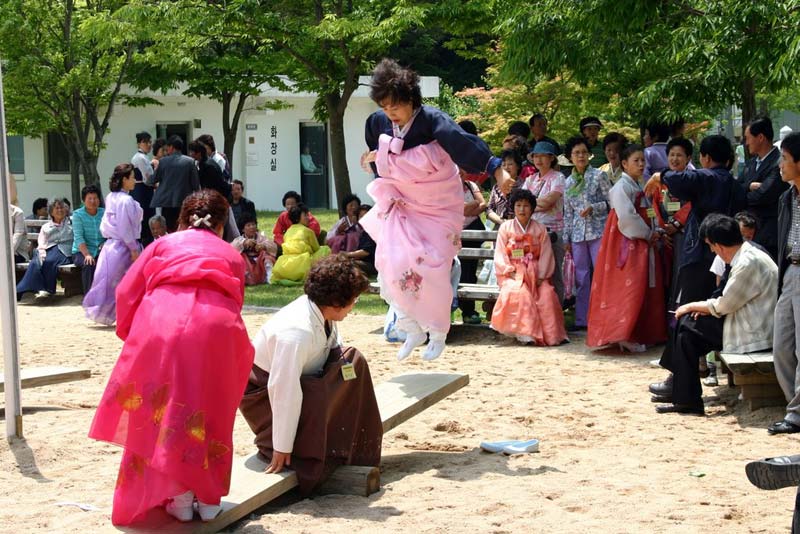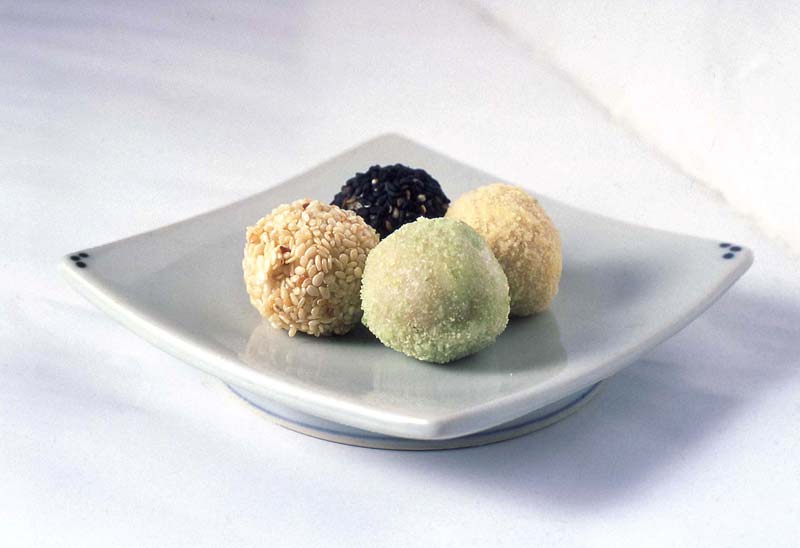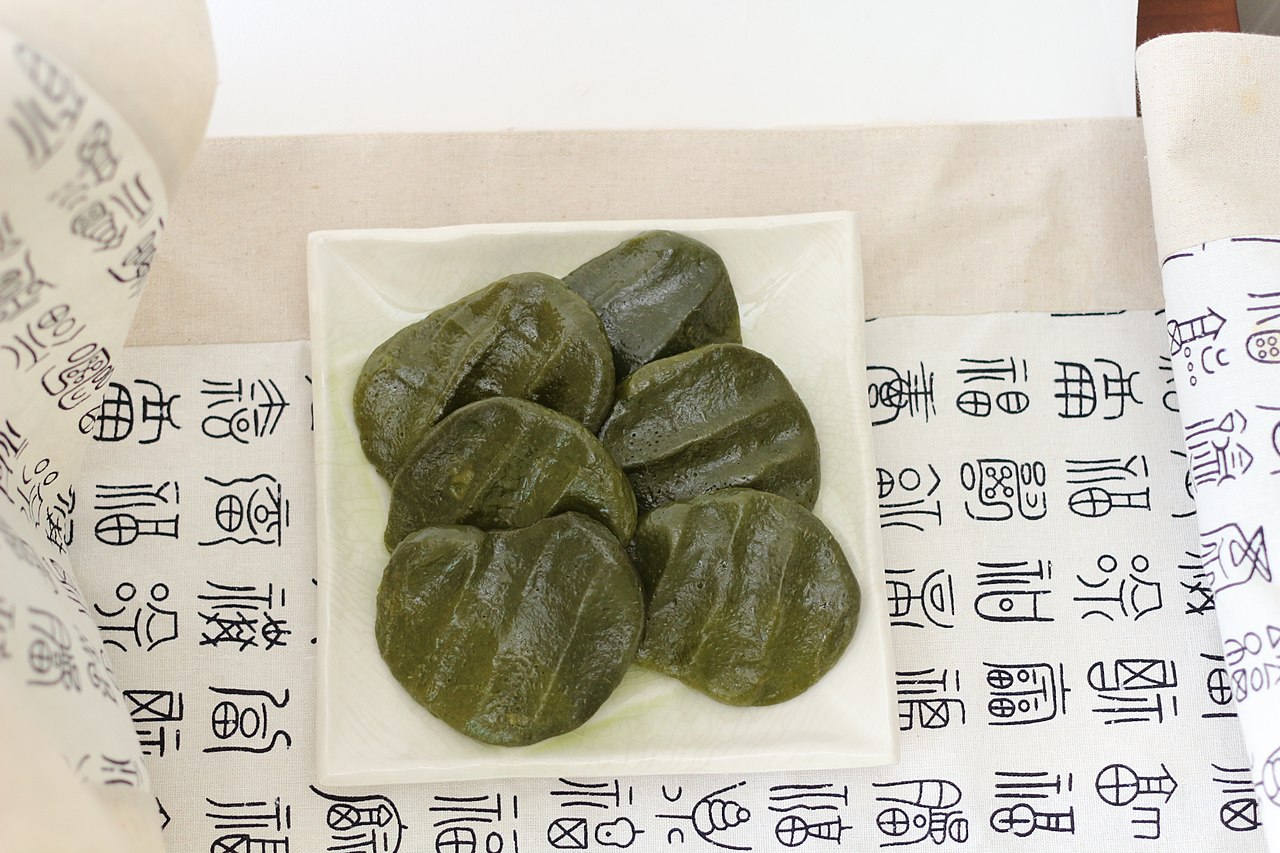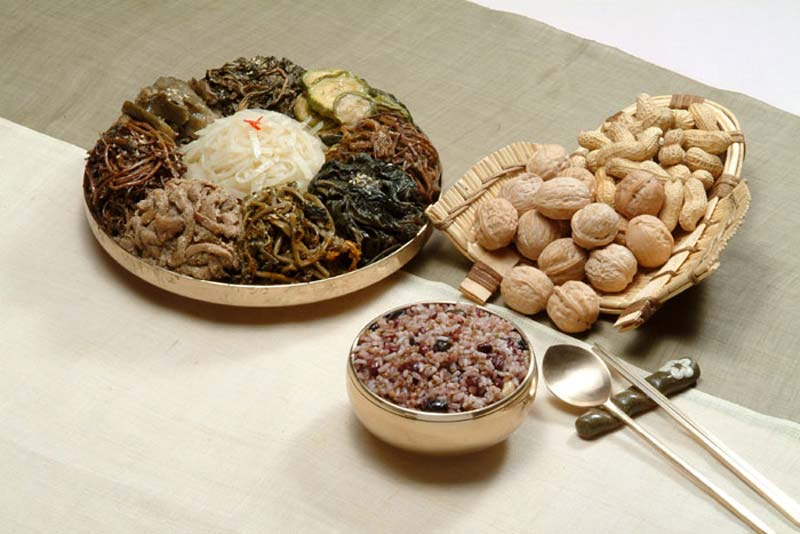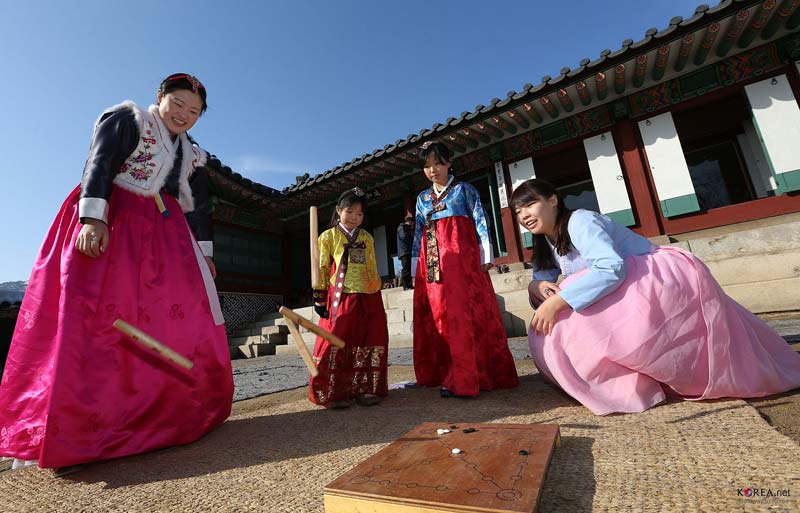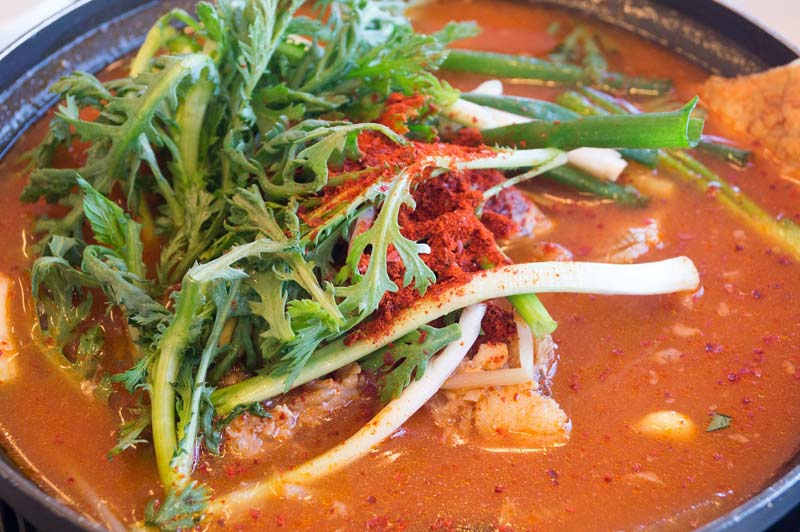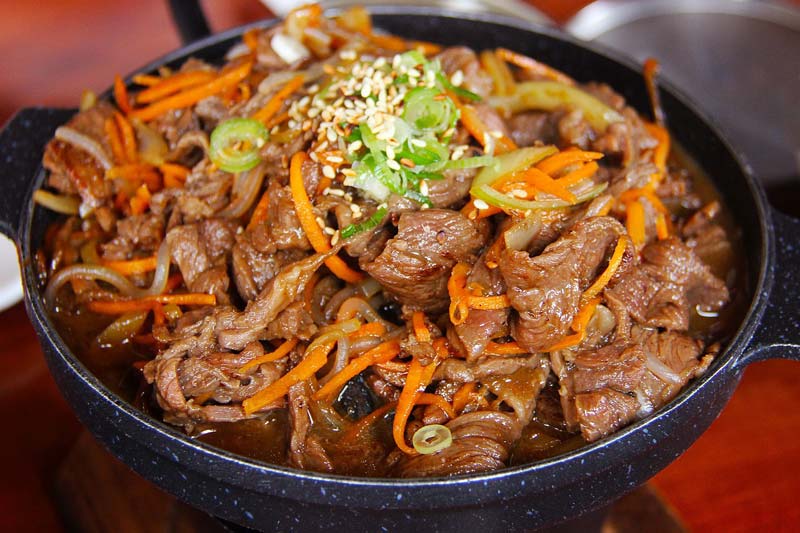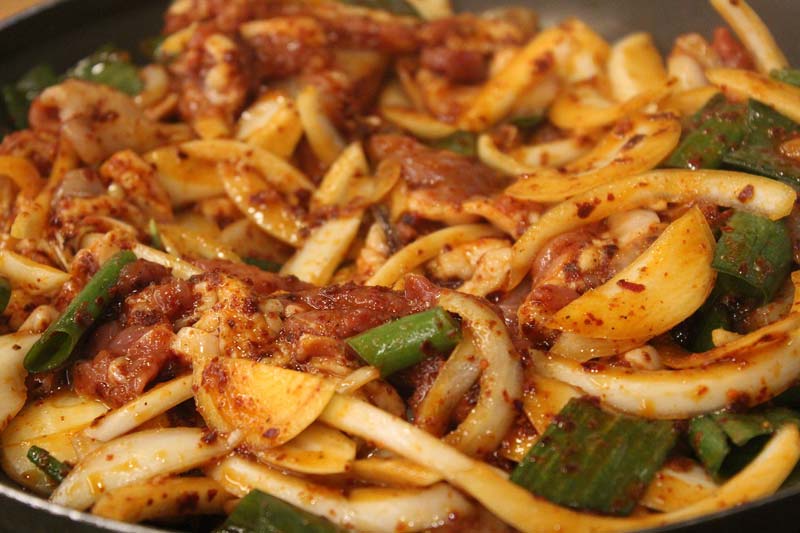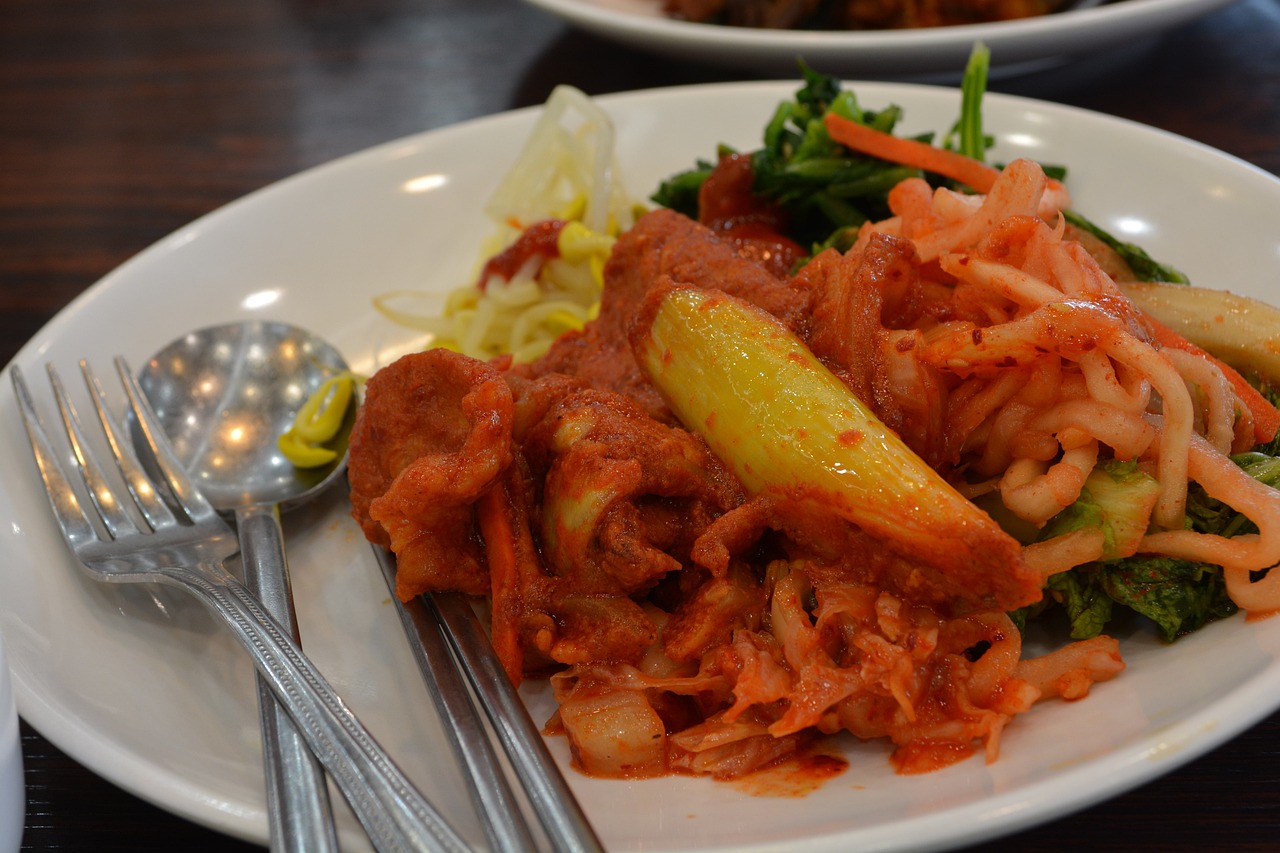Category: Annual Customs And Food
Dongji is one of the 24 solar terms and has the longest day and shortest night of the year. The 24 solar terms express the nature’s changes into 24 equal parts based on the solar calendar, and ‘Dongji’ is when the sun’s longitude reaches 270 degree.
It is the Korea’s best annual holiday, referring to the 15th day of August by the lunar calendar and having a meaning that it is in the midst of autumn and is the central day of August.
The name of the holiday for the May 5 of the lunar calendar is Danotnal or Suritnal. The Dongguksesigi says, “On Dano, they make rice cake picking some kind of marsh plant called Surichwi in the mountain or make rice cake with mugwort.” Since the shape of the rice cake looks like a wheel, this holiday is named as ‘Suritnal’.
It is one of the Korea’s four biggest holidays along with Seol, Dano, and Chuseok. For some fixed period around this, it is forbidden to use fire, which is originated from old Chinese customs.
Samjinnal is often called as Samjiri and is famous for a day of swallows flying in. This is a biggest holiday in spring, and various events and festivals for welcoming spring have been performed on that day.
Jeongwol means the first month of the year and is the time when people plan for the year and would have their fortune of the year told. Jeongwoldaeboreum is an important and meaningful day of the Korean annual customs, so it is specially referred to as ‘Daeboreum (Special 15th day)’.
Lunar New Year’s Day is one of the biggest festive days for Koreans. Originally the New Year’s Day was based on the thoughts on the worship of ancestors and filial piety, and the meaning of New Year’s Day is very sacred time on which the gods of ancestors who passed away before are invited and be with descendants.
